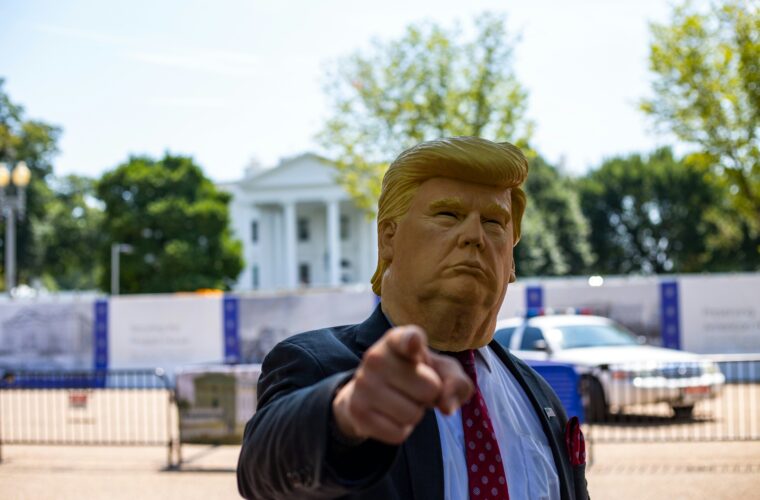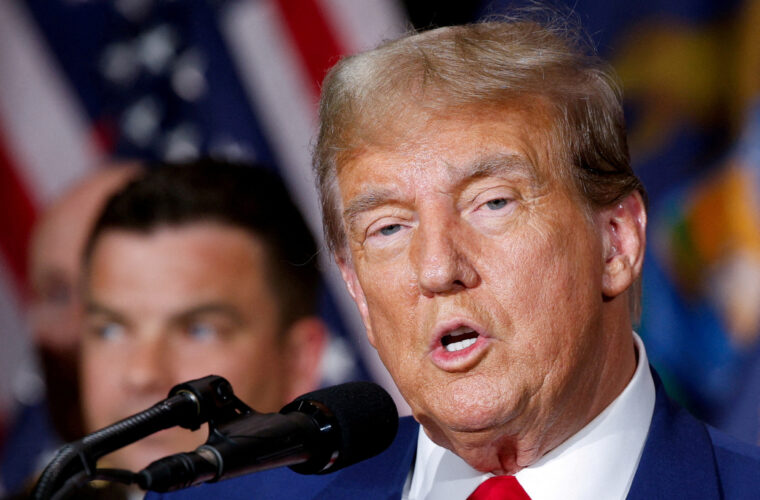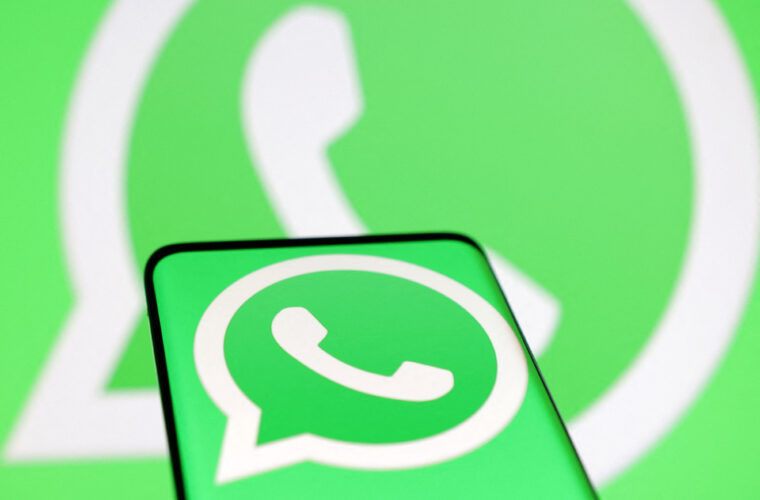Mark Zuckerberg lost almost 6 billion dollars in a few hours due to the outage
A global internet shock was caused on Monday (04.10.21) when Facebook, Instagram, and WhatsApp collapsed and remained down for hours. These are interconnected platforms since Facebook has acquired Instagram, and WhatsApp and as a result, the problem was widespread, practically affecting most internet users.
For about six hours the social media platforms were not available, causing great concern to millions of users, who rushed to other platforms such as Twitter to find out what had happened.
Facebook’s first reaction came via Twitter, where a brief announcement about the incident was posted. “We’re aware that some people are having trouble accessing our apps and products. We’re working to get things back to normal as quickly as possible, and we apologize for any inconvenience” wrote Facebook on Twitter.
Within a short time, the hashtag #facebookdown became the first trend on Twitter worldwide, as all users started looking for information about what might have happened.
The social media platforms were back up and running properly after the outage. “Our engineering teams have learned that configuration changes on the backbone routers that coordinate network traffic between our data centers caused issues that interrupted this communication. This disruption to network traffic had a cascading effect on the way our data centers communicate, bringing our services to a halt” Facebook stated in a written announcement.
As the company underlined, users’ data wasn’t compromised. “Our services are now back online and we’re actively working to fully return them to regular operations. We want to make clear at this time we believe the root cause of this outage was a faulty configuration change. We also have no evidence that user data was compromised as a result of this downtime” Facebook announced.

It is estimated that Mark Zuckerberg, head of Facebook, lost at least six billion dollars in a few hours, that is, as long as the crash of social platforms lasted.
The specialized website Downdetector, which systematically monitors technical problems on social networking platforms, described Monday’s blackout as “the biggest ever observed. Billions of users were affected”.
Facebook CTO, Mike Schroepfer, also apologized for the outages. “Facebook services coming back online now — may take some time to get to 100%. To every small and large business, family, and individual who depends on us, I’m sorry,” he tweeted late on Monday afternoon.
The impact of Monday’s mass disconnection of more than 3.5 billion social media users is an inconceivable phenomenon. In addition to communication itself, many people depend on Facebook for other vital aspects of their daily lives, such as buying and selling products, running businesses, and remotely controlling their home appliances.
“People and businesses around the world rely on us everyday to stay connected. We understand the impact outages like these have on people’s lives, and our responsibility to keep people informed about disruptions to our services. We apologize to all those affected, and we’re working to understand more about what happened today so we can continue to make our infrastructure more resilient” said Facebook.
Experts and analysts pointed out that Facebook has been gaining a lot of negative publicity lately. Monday’s outage was undoubtedly another such casualty for the colossus of social media.
On the contrary, Twitter was undoubtedly ranked among the “winners” of the collapse of Facebook, Instagram, and WhatsApp. Even Mark Zuckerberg resorted to it to apologize to the users of his social media, and also there was a massive turn on Twitter by millions of people, who were either trying to communicate or just troll the temporarily disabled Facebook, Instagram, and WhatsApp.



